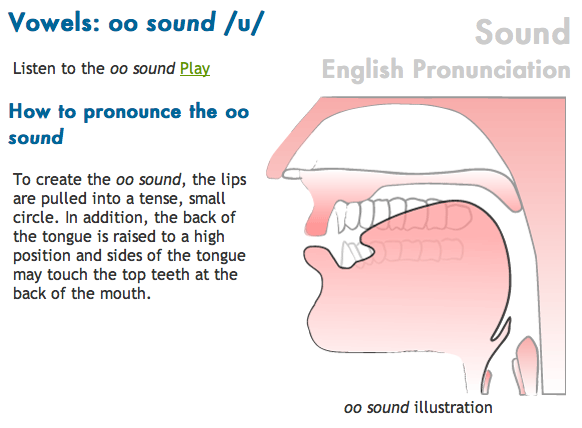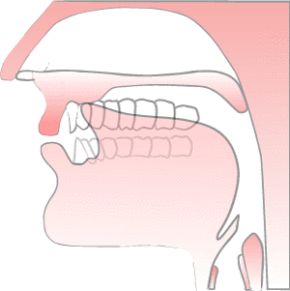http://skypenglish4u.com/wp-content/uploads/2016/10/SE4U2-2-4.jpg
0
0
Kelsey
http://skypenglish4u.com/wp-content/uploads/2016/10/SE4U2-2-4.jpg
Kelsey2015-01-15 00:07:102015-01-15 00:07:10Impeding, Impending, Imposing – Why are they so similar?!
https://skypenglish4u.com/wp-content/uploads/2014/09/screen-shot-2014-03-10-at-4-41-36-pm-1.png
108
248
Kelsey
http://skypenglish4u.com/wp-content/uploads/2016/10/SE4U2-2-4.jpg
Kelsey2014-09-24 10:54:162014-09-24 10:54:16“THINK”- Phrasal verbs with about, of, and on
https://skypenglish4u.com/wp-content/uploads/2014/07/screen-shot-2014-05-28-at-2-41-30-pm-1.png
341
500
Kelsey
http://skypenglish4u.com/wp-content/uploads/2016/10/SE4U2-2-4.jpg
Kelsey2014-07-24 10:17:082014-07-24 10:17:08“So” or “too”? Know the difference and why it matters!
https://skypenglish4u.com/wp-content/uploads/2014/05/screen-shot-2014-02-17-at-8-33-59-am-1.png
98
319
Kelsey
http://skypenglish4u.com/wp-content/uploads/2016/10/SE4U2-2-4.jpg
Kelsey2014-05-12 14:33:292014-05-12 14:33:29Tips on making “small talk”
http://skypenglish4u.com/wp-content/uploads/2016/10/SE4U2-2-4.jpg
0
0
Kelsey
http://skypenglish4u.com/wp-content/uploads/2016/10/SE4U2-2-4.jpg
Kelsey2014-04-22 17:06:262014-04-22 17:06:26“Oo” vs. “W” – Especially for my Japanese students!
https://skypenglish4u.com/wp-content/uploads/2014/04/screen-shot-2014-01-27-at-3-42-39-pm-1.png
85
448
Kelsey
http://skypenglish4u.com/wp-content/uploads/2016/10/SE4U2-2-4.jpg
Kelsey2014-04-17 17:27:202014-04-17 17:27:20Connected Speech
http://skypenglish4u.com/wp-content/uploads/2016/10/SE4U2-2-4.jpg
0
0
Kelsey
http://skypenglish4u.com/wp-content/uploads/2016/10/SE4U2-2-4.jpg
Kelsey2014-03-10 14:58:322014-03-10 14:58:32It's only English, how many accents could there be!?
https://skypenglish4u.com/wp-content/uploads/2014/01/Screen-Shot-2014-01-21-at-8.50.14-AM-1.png
153
656
Kelsey
http://skypenglish4u.com/wp-content/uploads/2016/10/SE4U2-2-4.jpg
Kelsey2014-01-21 09:24:022014-01-21 09:24:02Much and Many
http://skypenglish4u.com/wp-content/uploads/2016/10/SE4U2-2-4.jpg
0
0
Kelsey
http://skypenglish4u.com/wp-content/uploads/2016/10/SE4U2-2-4.jpg
Kelsey2014-01-08 16:22:022014-01-08 16:22:02The Importance of Asking Questions
https://skypenglish4u.com/wp-content/uploads/2013/10/Screen-Shot-2013-10-21-at-10.50.39-PM-2.png
177
710
Kelsey
http://skypenglish4u.com/wp-content/uploads/2016/10/SE4U2-2-4.jpg
Kelsey2013-10-21 22:17:262013-10-21 22:17:26Lets Learn aLL about *L’s*
Scroll to top



